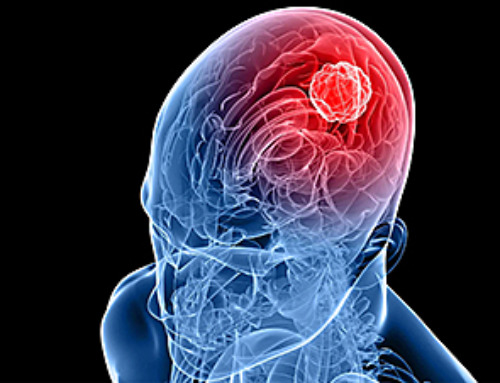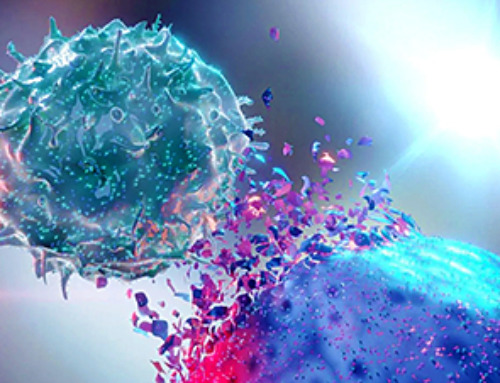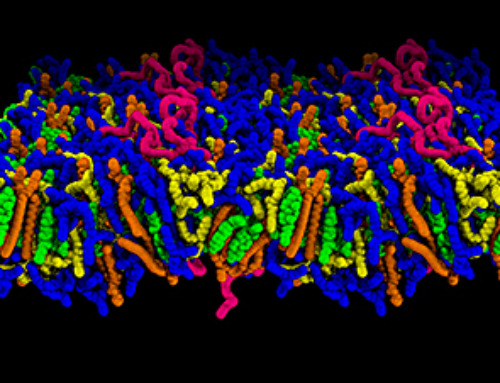UK places South Africa on red travel list over B.1.1.529 variant picked up by scientists in country.
What is the new variant and why is it a concern?
Scientists have detected a new Covid-19 variant called B.1.1.529 and are working to understand its potential implications. About 100 confirmed cases have been identified in South Africa, Hong Kong and Botswana.
B.1.1.529 has a very unusual constellation of mutations, which are worrying because they could help it evade the body’s immune response and make it more transmissible, scientists have said. Any new variant that is able to evade vaccines or spread faster than the now-dominant Delta variant may pose a significant threat as the world emerges from the pandemic.
Dr Susan Hopkins, the chief medical adviser to the UK Health Security Agency, said the R value, or effective reproduction number, of the B.1.1.529 variant in the South African province of Gauteng, where it was first found, was now 2 – a level of transmission not recorded since the beginning of the pandemic, before restrictions began to be imposed. For an R of anything above 1, an epidemic will grow exponentially.
Where has it been found?
Early signs from diagnostic laboratories suggest the variant has rapidly increased in Gauteng and may already be present in South Africa’s other eight provinces.
In a regular daily update on confirmed cases nationally, the National Institute for Communicable Diseases reported 2,465 new Covid-19 infections, slightly less than double the previous day’s infections. The NICD did not attribute the latest resurgence to the new variant, although some leading local scientists suspect it is the cause.
South Africa has confirmed about 100 specimens as B.1.1.529 but the variant has also been found in Botswana and Hong Kong, with the Hong Kong case a traveller from South Africa. As many as 90% of new cases in Gauteng could be B.1.1.529, scientists believe.
Israel said it had detected its first case of the variant, in a person who had returned from Malawi.
How does it compare with other variants?
Senior scientists on Thursday evening described B.1.1.529 as the worst variant they had seen since the start of the pandemic. It has 32 mutations in the spike protein, the part of the virus that most vaccines use to prime the immune system against Covid. That is about double the number associated with the Delta variant. Mutations in the spike protein can affect the virus’s ability to infect cells and spread, but also make it harder for immune cells to attack the pathogen.
The Delta variant was first detected in India in late 2020 but has spread around the world, causing an increase in case rates and deaths. Other coronavirus variants include Alpha (which originated in Kent in the UK), Beta (formerly known as the South African variant) and Gamma (originally found in Brazil). It has been suggested, after a drop in cases in Japan, that variants can “mutate themselves out of existence”.
What new restrictions are being imposed?
South Africa will be placed under England’s “red list” travel restrictions from midday on Friday – affecting between 500 and 700 people who typically travel to the UK from South Africa each day through airlines including British Airways and Virgin.
The ban will also cover flights from Namibia, Lesotho, Botswana, Eswatini and Zimbabwe. Scotland confirmed all arrivals from the countries must self-isolate and take two PCR tests from midday on Friday, while anyone arriving after 4am on Saturday will need to stay at a managed quarantine hotel.
Recent arrivals from southern Africa will also be tracked down and offered tests in an effort to avoid the introduction of the new strain.
Israel also announced it would ban its citizens from travelling to southern Africa – covering the same six countries as well as Mozambique – and bar the entry of foreign travellers from the region.
Germany, Japan, France and the Czech Republic are among other countries that have suspended flights. The European Commission plans to stop flights from the region.
England’s travel red list had remained empty since the final seven countries, including Peru, Colombia and Panama, were removed on 1 November. South Africa had been removed on 11 October, meaning vaccinated travellers were able to visit once again without having to quarantine in a hotel on their return.
News
New Molecule Blocks Deadliest Brain Cancer at Its Genetic Root
Researchers have identified a molecule that disrupts a critical gene in glioblastoma. Scientists at the UVA Comprehensive Cancer Center say they have found a small molecule that can shut down a gene tied to glioblastoma, a [...]
Scientists Finally Solve a 30-Year-Old Cancer Mystery Hidden in Rye Pollen
Nearly 30 years after rye pollen molecules were shown to slow tumor growth in animals, scientists have finally determined their exact three-dimensional structures. Nearly 30 years ago, researchers noticed something surprising in rye pollen: [...]
NanoMedical Brain/Cloud Interface – Explorations and Implications. A new book from Frank Boehm
New book from Frank Boehm, NanoappsMedical Inc Founder: This book explores the future hypothetical possibility that the cerebral cortex of the human brain might be seamlessly, safely, and securely connected with the Cloud via [...]
How lipid nanoparticles carrying vaccines release their cargo
A study from FAU has shown that lipid nanoparticles restructure their membrane significantly after being absorbed into a cell and ending up in an acidic environment. Vaccines and other medicines are often packed in [...]
New book from NanoappsMedical Inc – Molecular Manufacturing: The Future of Nanomedicine
This book explores the revolutionary potential of atomically precise manufacturing technologies to transform global healthcare, as well as practically every other sector across society. This forward-thinking volume examines how envisaged Factory@Home systems might enable the cost-effective [...]
A Virus Designed in the Lab Could Help Defeat Antibiotic Resistance
Scientists can now design bacteria-killing viruses from DNA, opening a faster path to fighting superbugs. Bacteriophages have been used as treatments for bacterial infections for more than a century. Interest in these viruses is rising [...]
Sleep Deprivation Triggers a Strange Brain Cleanup
When you don’t sleep enough, your brain may clean itself at the exact moment you need it to think. Most people recognize the sensation. After a night of inadequate sleep, staying focused becomes harder [...]
Lab-grown corticospinal neurons offer new models for ALS and spinal injuries
Researchers have developed a way to grow a highly specialized subset of brain nerve cells that are involved in motor neuron disease and damaged in spinal injuries. Their study, published today in eLife as the final [...]
Urgent warning over deadly ‘brain swelling’ virus amid fears it could spread globally
Airports across Asia have been put on high alert after India confirmed two cases of the deadly Nipah virus in the state of West Bengal over the past month. Thailand, Nepal and Vietnam are among the [...]
This Vaccine Stops Bird Flu Before It Reaches the Lungs
A new nasal spray vaccine could stop bird flu at the door — blocking infection, reducing spread, and helping head off the next pandemic. Since first appearing in the United States in 2014, H5N1 [...]
These two viruses may become the next public health threats, scientists say
Two emerging pathogens with animal origins—influenza D virus and canine coronavirus—have so far been quietly flying under the radar, but researchers warn conditions are ripe for the viruses to spread more widely among humans. [...]
COVID-19 viral fragments shown to target and kill specific immune cells
COVID-19 viral fragments shown to target and kill specific immune cells in UCLA-led study Clues about extreme cases and omicron’s effects come from a cross-disciplinary international research team New research shows that after the [...]
Smaller Than a Grain of Salt: Engineers Create the World’s Tiniest Wireless Brain Implant
A salt-grain-sized neural implant can record and transmit brain activity wirelessly for extended periods. Researchers at Cornell University, working with collaborators, have created an extremely small neural implant that can sit on a grain of [...]
Scientists Develop a New Way To See Inside the Human Body Using 3D Color Imaging
A newly developed imaging method blends ultrasound and photoacoustics to capture both tissue structure and blood-vessel function in 3D. By blending two powerful imaging methods, researchers from Caltech and USC have developed a new way to [...]
Brain waves could help paralyzed patients move again
People with spinal cord injuries often lose the ability to move their arms or legs. In many cases, the nerves in the limbs remain healthy, and the brain continues to function normally. The loss of [...]
Scientists Discover a New “Cleanup Hub” Inside the Human Brain
A newly identified lymphatic drainage pathway along the middle meningeal artery reveals how the human brain clears waste. How does the brain clear away waste? This task is handled by the brain’s lymphatic drainage [...]





















